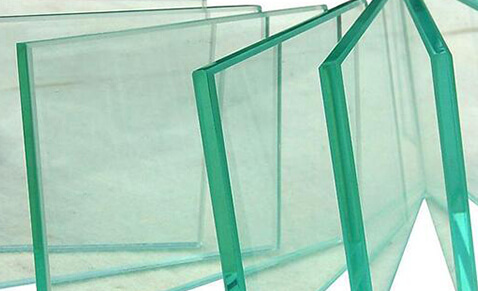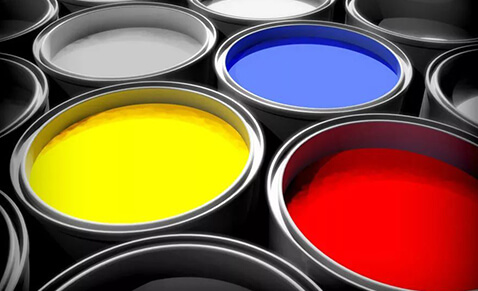
Sodium feldspar, a widely abundant mineral, has gained significant attention in various industries due to its exceptional properties as a filler material. This article explores the applications of sodium feldspar as a filler in industries such as ceramics, glass, coatings, and more, highlighting its valuable contributions to enhancing product performance and quality.
Sodium feldspar plays a vital role in the ceramic industry by acting as a filler in ceramic glazes and bodies. Its low melting point and abundant fluxing agents facilitate the development of durable and aesthetically appealing ceramics. The addition of sodium feldspar to ceramic formulations improves the vitrification process, enhances mechanical strength, and aids in controlling thermal expansion, resulting in superior finished products.
Sodium feldspar powder is utilized in the production of sanitary ware. Its application enhances the properties of ceramic compositions used in sanitary fixtures. The finely ground particles contribute to the stability and uniformity of the ceramic mixture, ensuring a smooth and consistent surface finish. Sodium feldspar’s influence on the firing process improves the structural integrity and durability of sanitary ware, making it suitable for various bathroom and kitchen applications. In summary, sodium feldspar powder plays a crucial role in elevating the quality and performance of ceramic materials in the manufacturing of sanitary and hygiene-related fixtures.

In the glass industry, sodium feldspar acts as a fluxing agent, reducing the melting temperature of raw materials and improving the overall workability of the glass melt. By incorporating sodium feldspar as a filler, glass manufacturers can achieve increased transparency, reduced energy consumption during melting, and improved chemical durability, ultimately leading to high-quality glass products.

Sodium feldspar finds application as a functional filler in various coating formulations, including paints, varnishes, and industrial coatings. Its unique particle size distribution and chemical composition contribute to improved rheological properties, enhanced adhesion to substrates, and better mechanical properties of coatings. This results in coatings that are not only visually appealing but also durable and long-lasting.

Beyond traditional industries, sodium feldspar also has a role to play in the realm of plastics and polymers. Its compatibility with various polymer matrices makes it a valuable filler, imparting enhanced mechanical strength, thermal stability, and dimensional stability to the final plastic products.
Sustainability and Environmental Benefits:
The utilization of sodium feldspar as a filler aligns with sustainable practices. Its natural abundance and eco-friendly nature contribute to minimizing the environmental impact of industrial processes. Additionally, the efficiency of sodium feldspar in enhancing product properties can lead to resource savings and reduced waste generation.
Sodium feldspar’s multifaceted contributions as a filler material in industries such as ceramics, glass, coatings, and plastics make it a cornerstone of modern manufacturing. Its ability to improve product performance, enhance aesthetics, and contribute to sustainability reinforces its importance in a variety of applications. As industries continue to evolve, sodium feldspar remains an essential component in pushing the boundaries of innovation and quality.
If you are interested in leveraging sodium feldspar as a filler material in your specific industry, reach out to our experts for tailored solutions that cater to your unique needs.

Whether you have questions or you would just like to say hello,Contact us!
Call Anytime:
+86 15837207537Send E-mail:
info@lsakminerals.comAddress:
Anyang City , Henan Province, China.